Textile Auxiliary Agent
-
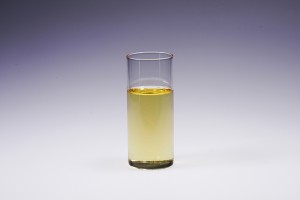
Anti-Static Agents
In the process of textile fiber processing and textile product application, static electricity accumulation often occurs, which interferes with the processing and application. The addition of textile antistatic agent can eliminate static electricity or make the accumulation of static electricity reach an acceptable level. According to the washability and dry cleaning property of antistatic agents, they can be divided into temporary antistatic agents and durable antistatic agents.
Textile antistatic agent is a kind of high-quality special ionic surfactant with special antistatic ability, which is suitable for electrostatic treatment in textile production. It can be used for polyester, nylon, cotton fiber, plant fiber, natural fiber, mineral fiber, artificial fiber, synthetic fiber and other textile materials. It is suitable for electrostatic treatment and spinning in the process of textile electrostatic treatment. It can effectively prevent product adhesion and dust absorption.
-
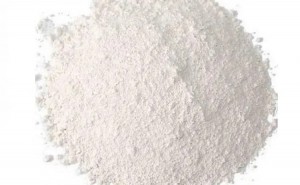
Stiffening Agents
Suitable for stiffening and edge sizing of various fabrics.The treated fabric feels hard and thick.
-

Moisture Controller
It is suitable for moisture control treatment of polyester and its blends.
-
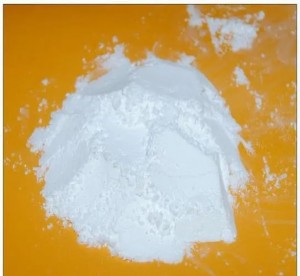
Anti-flammable Agents
The textiles after flame retardant processing have a certain flame retardancy. After disposal, the textiles are not easy to be ignited by the fire source, and the flame spread slows down. After the fire source is removed, the textiles will not continue to extinguish, that is, the afterburning time and smoldering time are greatly shortened, and the extinction performance of the textiles is greatly reduced.
-
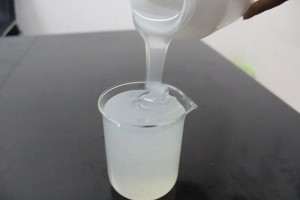
Softening paste
A substance used to increase the softness of textiles, rubber products, leather, paper, etc.
-
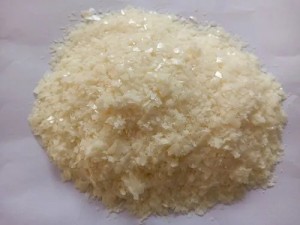
Nonionic Softening Flakes
Film plays an indispensable role in improving the product quality and added value of textiles. It can not only endow textiles with various special functions and styles, such as softness, wrinkle resistance, shrinkproof, waterproof, antibacterial, anti-static, flame retardant, etc., but also improve the dyeing and finishing process, saving energy and reducing processing costs. Textile auxiliaries – film is very important to improve the overall level of the textile industry and its role in the textile industry chain.
-
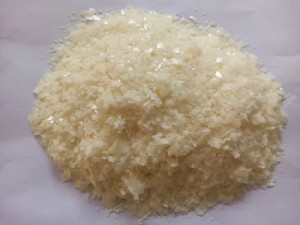
Cationic softening flakes
It is applicable to the softening of all kinds of cotton, linen, silk, wool yarns and fabrics, making the fabrics have good softness and elasticity. It is especially applicable to the softening of all kinds of denim, wash cloth, knitted cloth, woolen sweater, towel and other textiles, so as to achieve the purpose of softness and puffiness. It is especially suitable for finishing light and white fabrics.
-
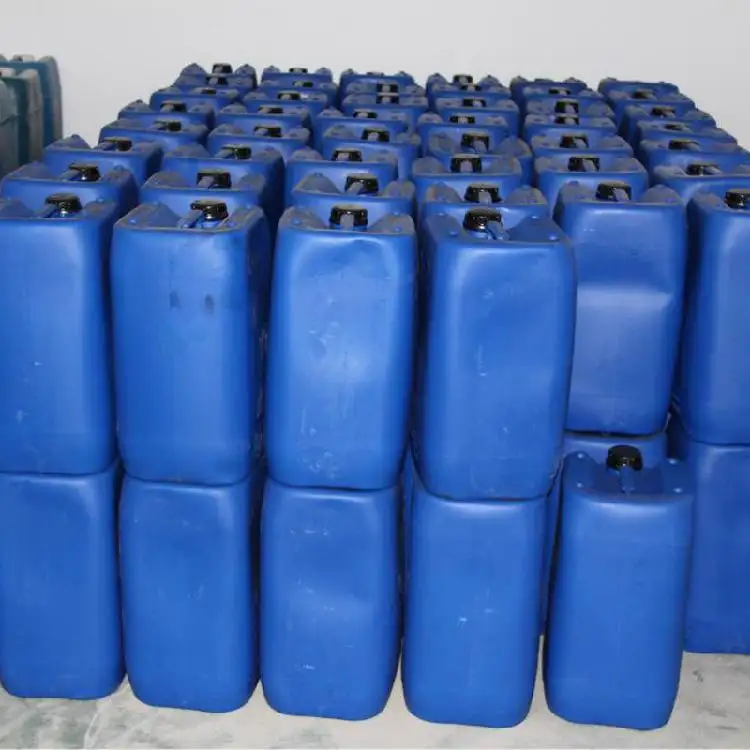
Other Silicone Softeners
Among all kinds of softeners, organosilicon auxiliaries have attracted more and more attention due to their unique surface properties and excellent softness. Most domestic fabrics finished with silicone softener are hydrophobic, which makes the wearer feel stuffy and difficult to wash; The phenomenon of demulsification and oil floating often occurs in many products. The traditional hydrophilic polyether silicone oil has better hydrophilicity and water solubility, but its softness and finishing durability are poor. Therefore, it is of great practical significance to develop a new hydrophilic silicone softener with excellent flexibility and durability.
-
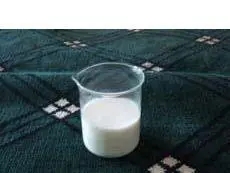
FUZZING AGENTS
This product is a weak cationic surfactant, non-toxic, acid resistant, alkali resistant and hard water. It is used as a raising and buffing agent for cotton, linen, knitted fabrics, polyester and cotton blends. After treatment, the fiber surface is smooth and the fabric is loose. After being brushed by a steel wire raising machine or a sanding roller, the short, even and dense fluff effect can be obtained. It can also be used as a soft finishing for post finishing, which makes the product feel smooth and plump. It is not easy to cause needle holes during sewing.
-
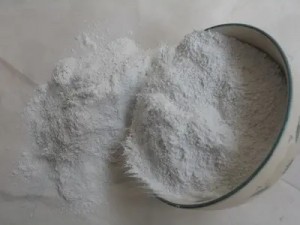
BULKY AGENTS
Make the textile smooth and elastic.
-
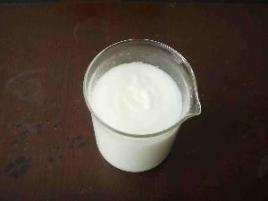
SILICONE SOFTENERS
Softener is a compound of organic polysiloxane polymer and polymer, which is suitable for the softness of natural fiber textiles such as cotton, wool, silk, hemp and human hair.
Organosilicon finishing aids are widely used in fabric finishing. The additive can not only deal with natural fiber fabrics, but also deal with polyester, nylon and other synthetic fibers. The treated fabric is wrinkle resistant, stain resistant, anti-static, pilling resistant, plump, soft, elastic and shiny, with a smooth, cool and straight style. Silicone treatment can also improve the strength of the fiber and reduce wear. Silicone softener is a promising softener, and also an important auxiliary to improve product quality and increase product added value in textile printing and dyeing process
-

SPECIAL PRINTING ADDITIVE & OTHERS
Special printing additive refers to chemicals used in textile dyeing and finishing process to improve processing efficiency and quality, or to endow textiles with certain special functions.













